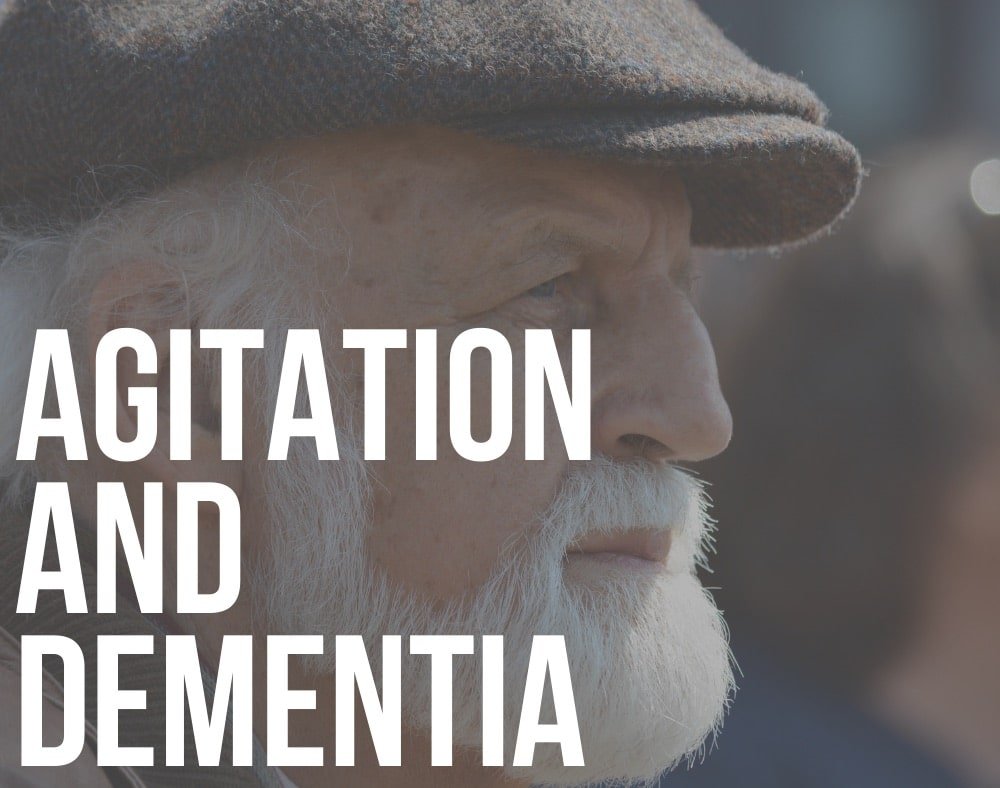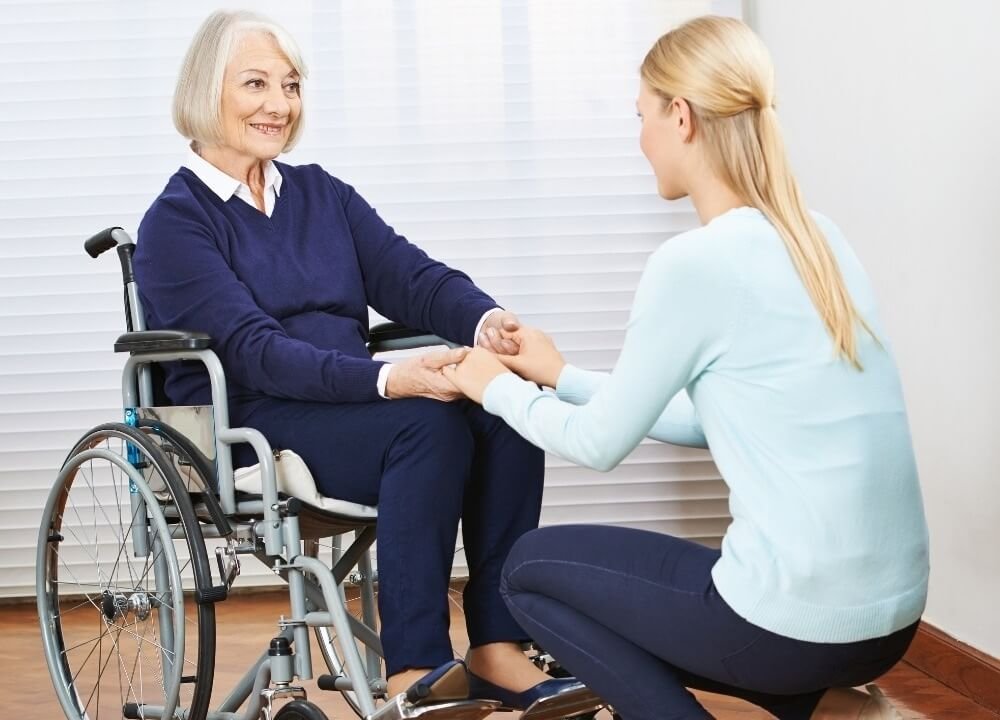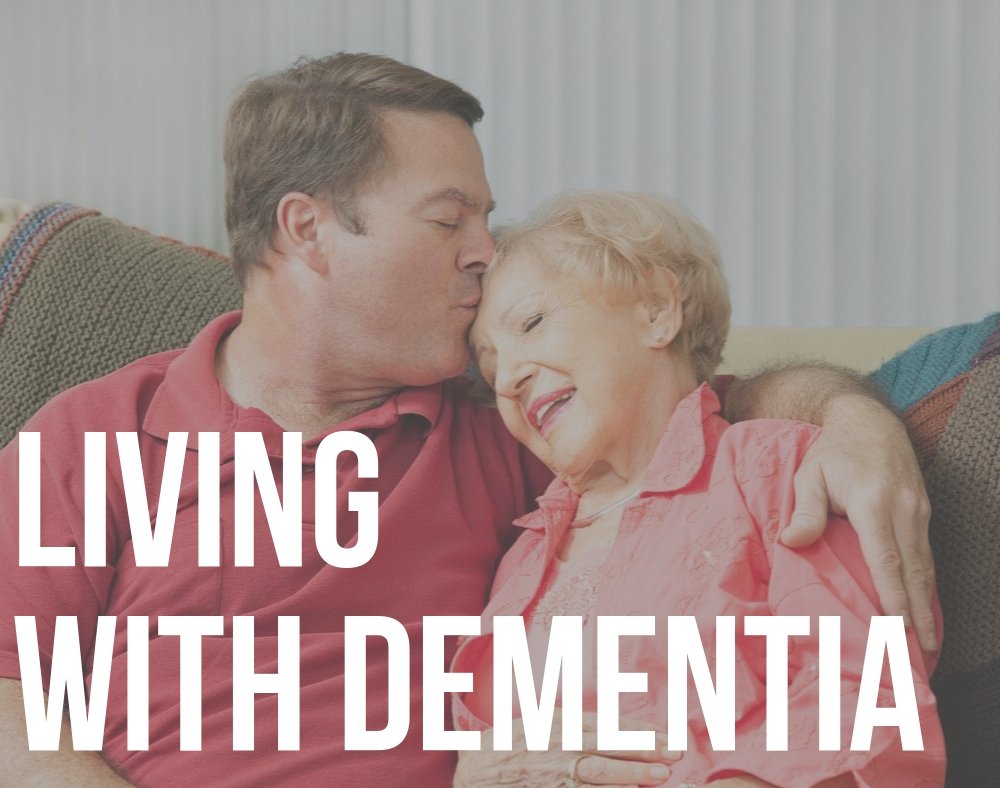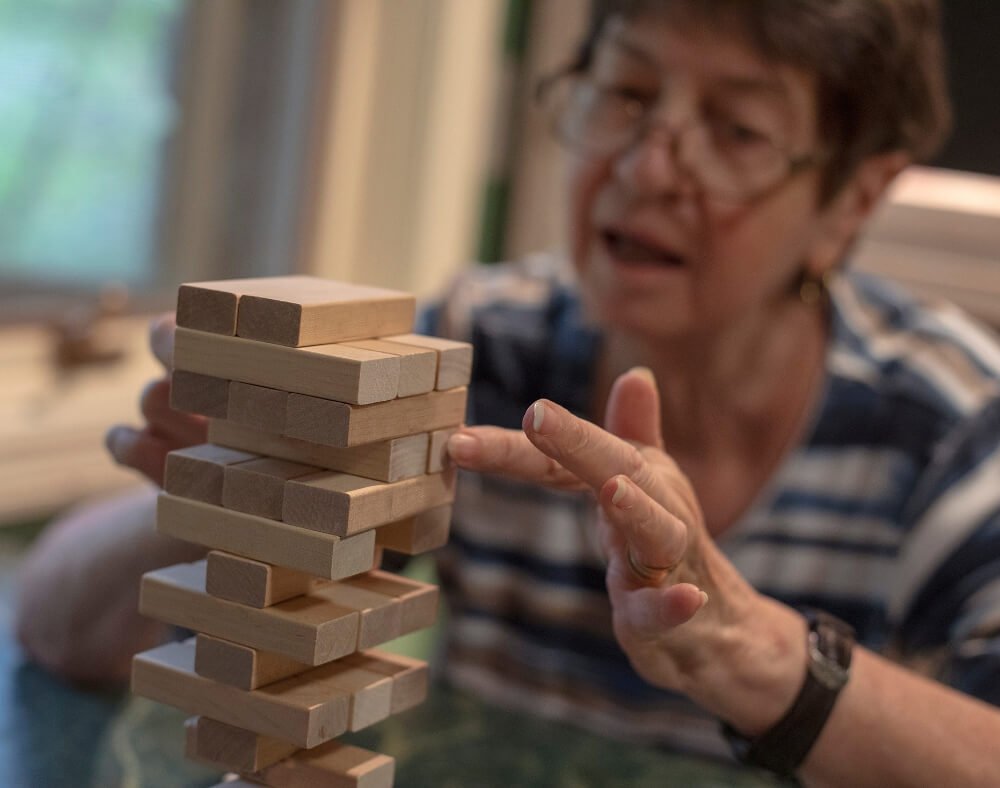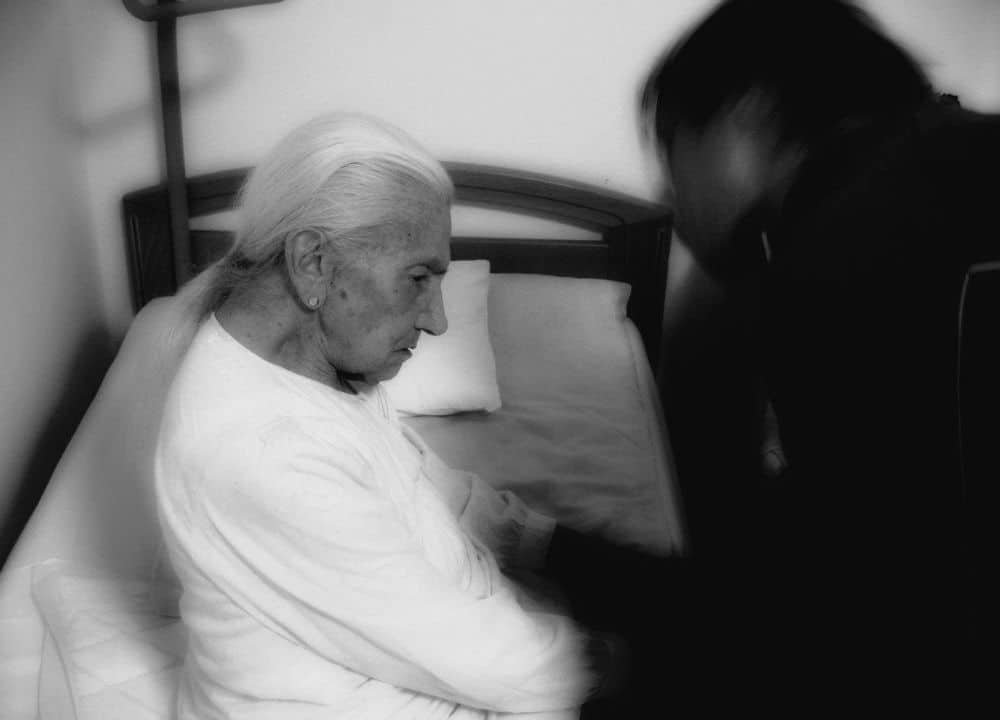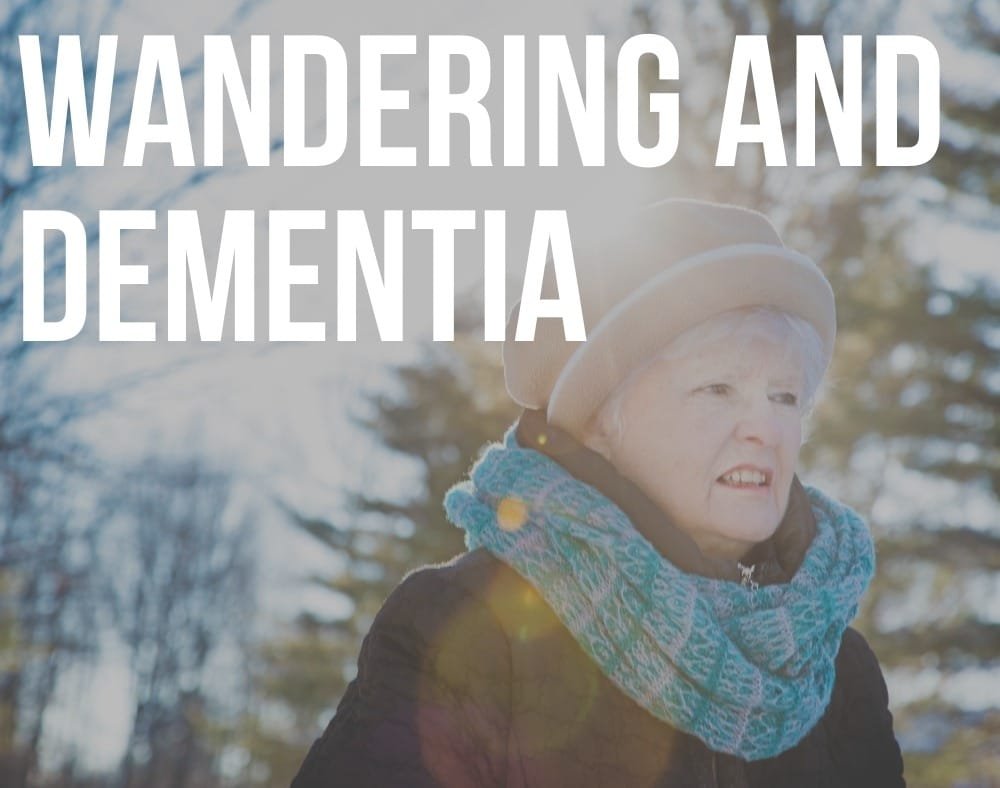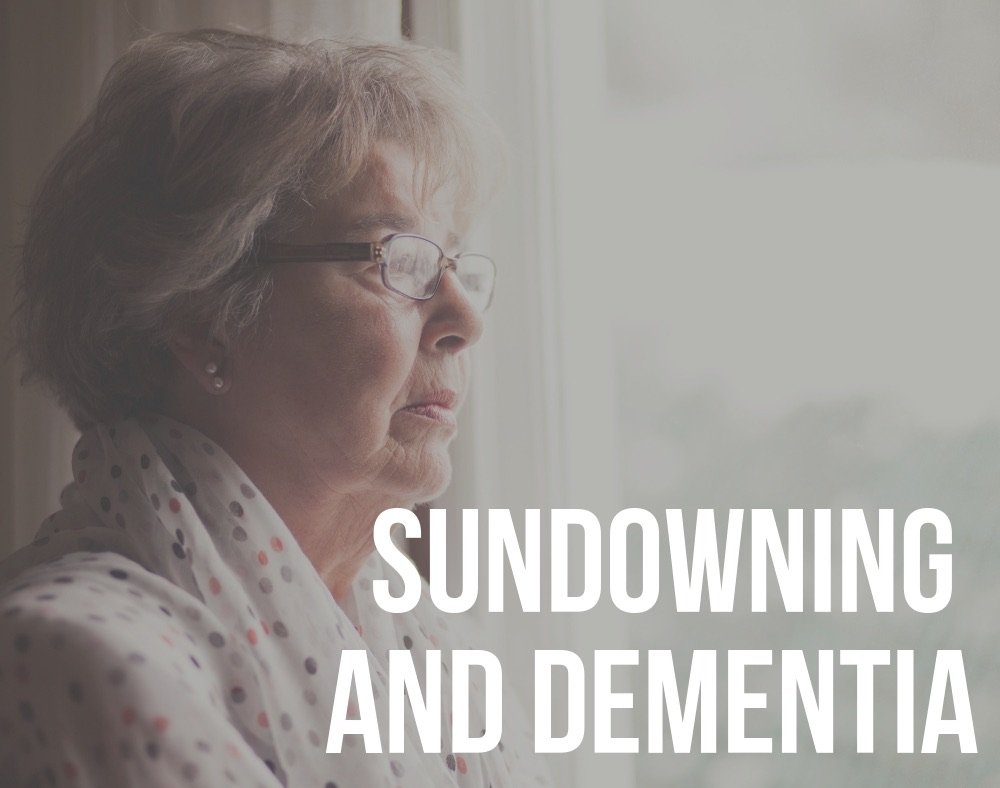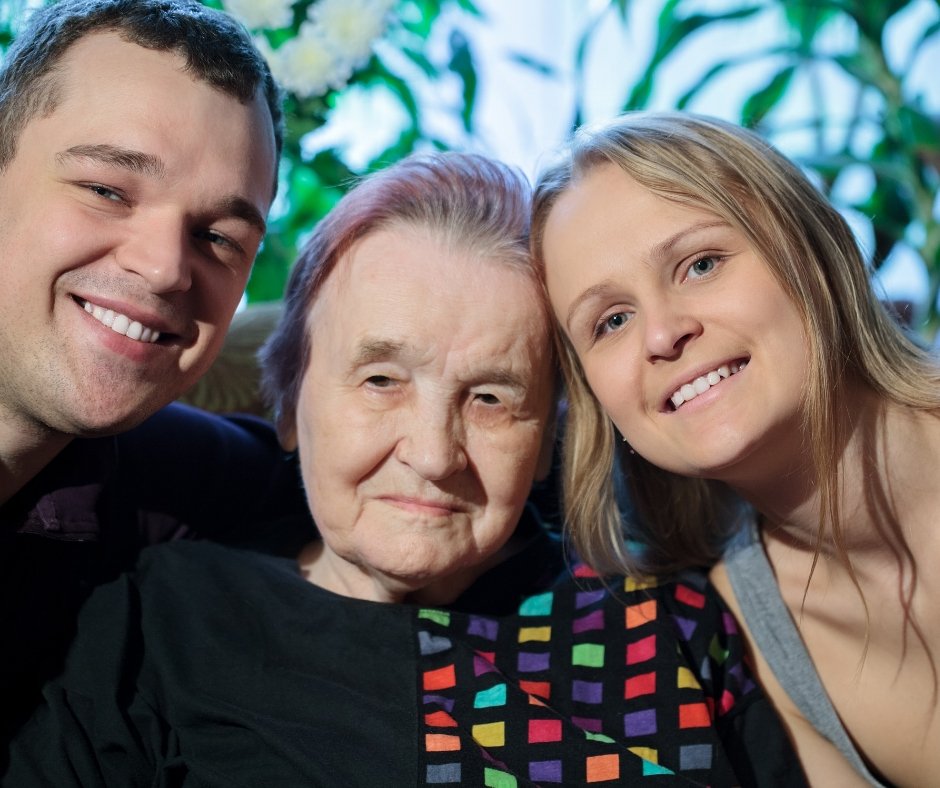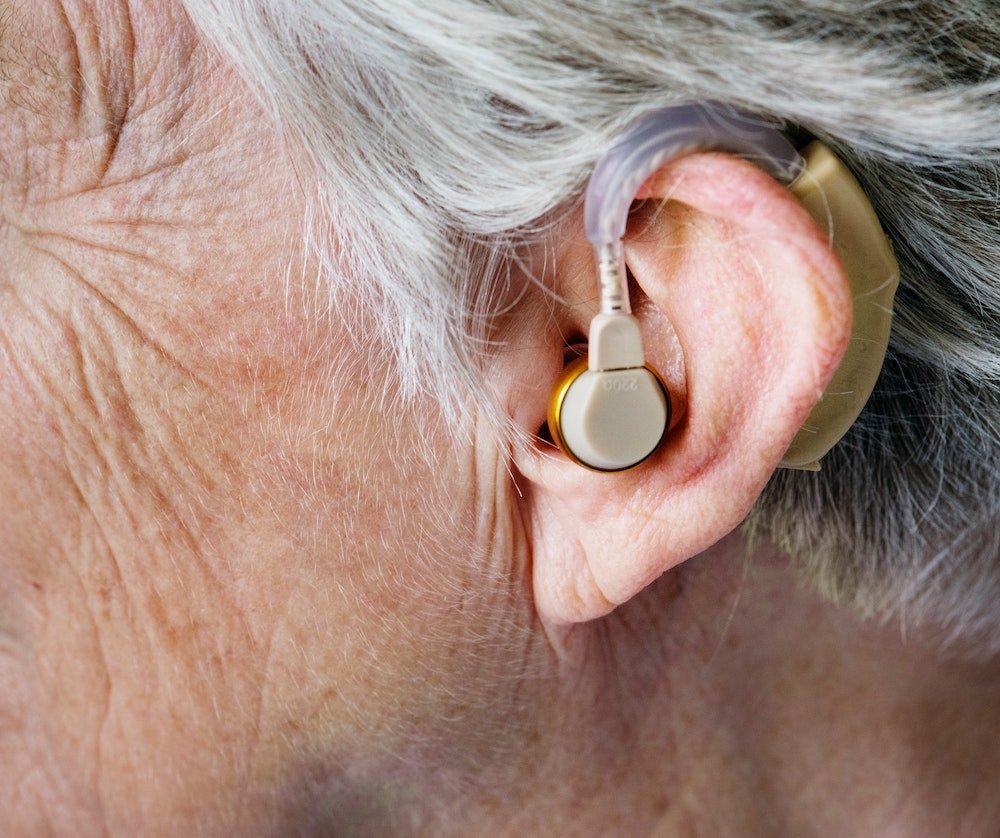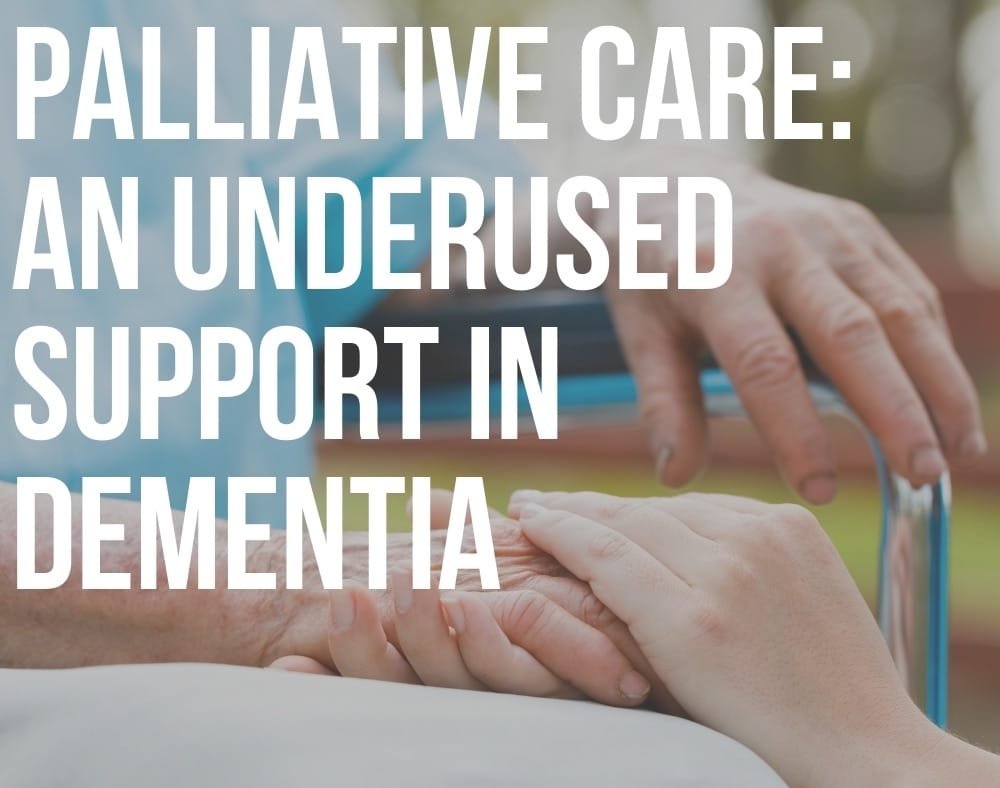When looking after a person who has dementia, carers may at some point have to deal with agitation and dementia.
Agitation is one of the behavioral symptoms that affect almost 90% of people who have dementia according to a post by Harvard Health Publishing.
Very well Health defines agitation as a general term that describes the excessive verbal activity and physical movement.
Most people will experience agitation in the middle stages of dementia. Agitation can include pacing, restlessness, combativeness, verbal aggression, wandering, calling out, and crying.
Below we will look into the causes of agitation, prevention strategies, and coping mechanisms.
Causes of Agitation in Persons with Dementia

People with dementia may experience agitation for various reasons such as:
- Different medical conditions a person is suffering from in addition to dementia
- Drug interactions
- Not enough sleep or rest
- Moving to a new living environment like a nursing home or assisted living facility
- Pain
- Changes to their current environment like the presence of house guests, too much noise, hospitalization, or travel
- Boredom
- Unfamiliar caregivers
- Depression or stress
- Soiled diapers or underwear
- Fatigue or fear that may be as a result of trying to make sense of their new reality
- Misperceived threats
- Being forced to do something by others, for instance, to remember events or people
- Loneliness or reduced social contact
- A feeling of loss, for example, a person may be missing the freedom they had to move about
Coping with Agitation and Aggression

When taking care of a person who has agitation and dementia, it may be advisable to consult a doctor for a thorough medical check-up.
The professional will recommend treatment based on a careful diagnosis that helps them to determine possible causes. In some instances, the doctor may prescribe medication that will help reduce agitation.
Sadly, most medicines come with a wide range of side effects such as stroke, heart problems, risk of falls, or even death.
People can also try non-drug therapies to help manage agitation such as:
Touch therapy
Physical touch is important when it comes to diminishing agitation.
Music
Listening to music or singing has been known to reduce agitation in persons who have dementia.
Physical Activity
Working out can help decrease challenging behaviors such as agitation.
Address Unmet Needs
Meet the needs of someone who is bored, tired, hungry, lonely, or in pain.
Different Therapies
At times, caregivers must try and be creative when it comes to managing agitation. This includes experimenting with various therapies and activities.
Examples of therapies include aromatherapy and pet therapy amongst others. Activities that can help calm down an agitated person include folding and refolding laundry, dancing, and brushing hair.
Offering Distractions
Try and distract the person with the things they love. These can be activities, objects, or even food.
Join a Support Group
Spending time with people who are going through a similar situation can help them learn more coping mechanisms.
This can also give caregivers an avenue where they can vent, relax, and re-energize.
Responding to Agitation in Persons with Dementia

It is important to know how to react when dealing with an individual experiencing agitation and dementia. Below we highlight some tips caregivers can work with to deal with the situation at hand.
1. Ask permission to speak while backing off. Remember to always use positive statements, a calm reassuring voice, and offer guided choices to try and limit stimulation.
Try and find common ground when communicating with an agitated person. Avoid restraining, arguing, ignoring, shouting, or criticizing the individual.
2. Ask the affected person how they want to be helped in a soft tone. Reassure the individual that they are safe and everything is under control.
Apologize even when there is nothing to be sorry for. Offer to stay with the individual until they feel better.
Carers can also say something like sorry you are upset or I know you are going through a challenging time because this can help calm them down.
3. Try and find out what may be causing the agitation by listening to the individual.
It is also important to remember that the individual is not acting out because they want to but it is the disease that is making them act out.
4. Find ways for the person to use up their energy. A person may be agitated because they have built-up energy.
This implies that carers should find something for them to do like going out for a drive or walk.
Prevention and Treatment Tips

Caregivers can take various steps to help prevent agitation for persons with dementia and these include
Creating a Calm Environment
If a carer suspects that an individual is at risk of experiencing agitation and dementia, they can prevent it by creating a calm environment for the suffering person.
Identify any stressors that may be in the environment and ensure that they are eliminated. This can be anything from background distractions, glare, and noise.
If a person’s current environment has too many triggers, it may be best to move them to a quieter or safer place.
Limiting the use of caffeine and exploring soothing rituals can also help.
Ensuring Personal Comfort
Agitation may be brought about when a person is not comfortable and they are not able to communicate what they are feeling.
It is, therefore, the responsibility of caregivers to monitor personal comfort. This is simply done by checking for signs of thirst, hunger, pain, full bladder, constipation, skin irritation, fatigue, or infections.
Make sure that the room where the person is staying has comfortable temperatures. It is also important to be sensitive to misperceived threats, frustrations, and fears.
Simplifying Chores
If a person who has dementia is still able to handle some tasks, ensure they only engage in tasks they can handle with ease.
It is also important to ensure that the person sticks to non-complicated routines that do not stress them out.
Help Individuals Engage in Physical Activity
Encourage the person with the illness to take part in fun and appropriate exercises. This does not have to be complicated.
Doing some gardening, going for short walks, group activities, and dancing are examples of some options to explore.
Closing Thoughts
Keep in mind that different people will react differently when experiencing agitation and dementia.
It is, therefore, the responsibility of the caregiver to experiment with different coping mechanisms to identify the ones that work well for the person they are looking after.

